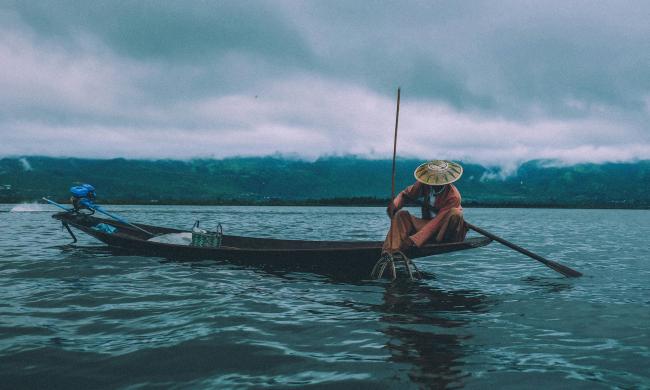About
The meeting reaffirmed the fundamental role of transboundary water cooperation for peace and sustainable development. Delegates adopted a Programme of Work and budget 2025-2027, and another 24 decisions, including on "source-to-sea" governance.
Final report
Summary report 22–25 October 2024
All coverage
Transboundary cooperation lays the foundation for peace, sustainable development, climate action, and regional integration. The Convention on the Protection and Use of Transboundary Watercourses and International Lakes (Water Convention) has, for more than three decades, promoted the sustainable use of transboundary water resources, facilitated cooperation, supported the achievement of the Sustainable Development Goals (SDGs), contributed to peace and stability and prevented conflicts, and supported cooperative climate action. Growing from a regional to a global instrument, the Water Convention is a crucial intergovernmental platform to discuss transboundary water cooperation.
The tenth session of the Meeting of the Parties (MOP 10) to the Water Convention brought together more than 500 representatives of various ministries from approximately 80 countries, both Parties and non-Parties to the Water Convention. Representatives of joint bodies, international and non-governmental organizations, international financial institutions, and academia from around the world also attended.
The meeting began with a one-day match-making event on 22 October, titled “Accelerating transboundary cooperation and the implementation of the Water Convention in new Parties through increased support and partnership.”
A High-Level Segment took place on 23 October, titled Our Waters, our Future: Transboundary Water Cooperation to Power Climate Resilience. This segment aimed to catalyze a strategic debate on how transboundary water cooperation plays a crucial role for climate resilience and sustainable development in transboundary river basins and among countries involved.
During the following days, participants reviewed and discussed progress achieved over the past three years under the themes of the current programme of work 2022-2024, such as: climate change adaptation; source-to-sea management; conjunctive management of transboundary surface waters and groundwater, equitable and sustainable water allocation in a transboundary context; monitoring, assessment, and data-sharing; and financing transboundary water cooperation. Progress towards achieving SDG target 6.5 (on implementing integrated water resources management) was reviewed. Challenges and good practices related to transboundary water cooperation and the role of the Water Convention in present and future water-related transboundary challenges were also addressed.
The Meeting adopted a new programme of work for the period 2025-2027, as well as numerous other decisions, and reviewed the third report on the implementation of the Water Convention.
Various side events were held in the margins of the meeting, including on success stories and lessons learned on Integrated Water Resource Management innovations in Armenia, Azerbaijan, Georgia, Moldova, and Ukraine.
Water Convention MOP 10 took place in Ljubljana, Slovenia, from 22 to 25 October 2024, and was organized by the Ministry of Natural Resources and Spatial Planning of Slovenia, on behalf of the Government of Slovenia, and in cooperation with the Secretariat of the Water Convention, hosted by the United Nations Economic Commission for Europe (UNECE).
The Earth Negotiations Bulletin (ENB) writers for this meeting were Nienke Beintema and Olivia Pasini. The Digital Editor was Anastasia Rodopoulou. The Editor was Leila Mead.
To receive free coverage of global environmental events delivered to your inbox, subscribe to the ENB Update newsletter.

